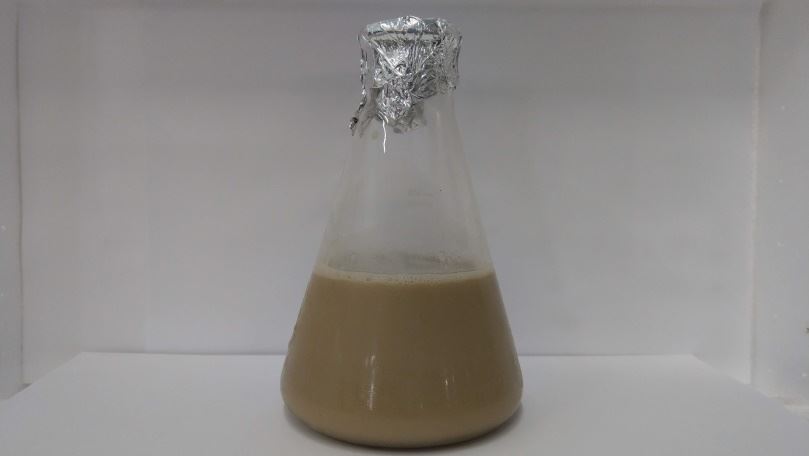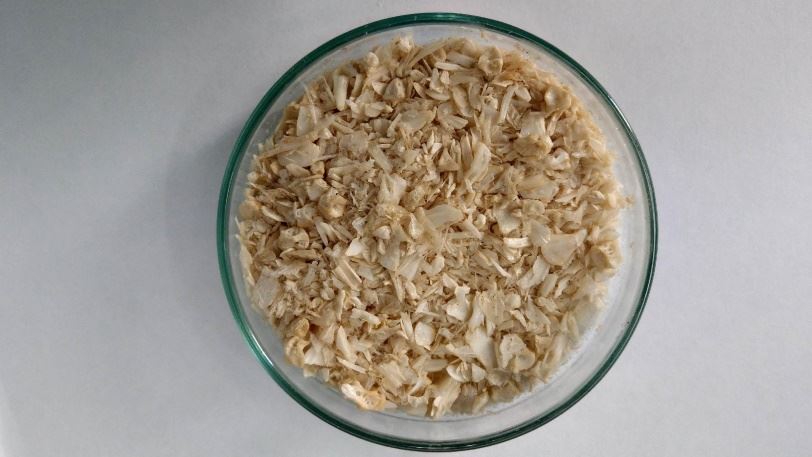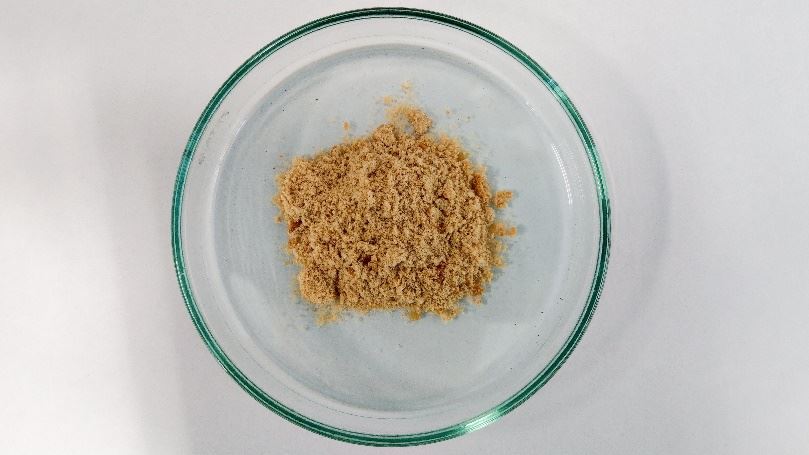In response to the government's circular economy goal of zero agricultural waste, the Fisheries Research Institute of the Council of Agriculture of the Executive Yuan is using tilapia processing residues as material to extract hydrolyzed protein by hydrolysis technology, which offer high nutritional value and can replace fish meal in feed. The experimental results show that small molecular peptides present more physiological benefits such as antioxidant and immune enhancement. The Fisheries Research Institute utilizes the innovation technology to turn marine decay into a miracle, restores the discarded by-product into a new value, and helps the tilapia related industry chain.
The Fisheries Research Institute has pointed out that tilapia, after years of various continuous improvement in aquaculture technology, now has the highest annual production of farmed fish in Taiwan at 62,000 metric tons in 2018, and bream fillets without bone and skin are favored by consumers. Tilapia produce inedible residues such as head, tail, bone, and viscera after processing the meat, with the processing residues accounting for nearly half of the total fish weight. At present, the common treatment methods are drying and grinding into miscellaneous fish meal or using an acid solution to decompose into fish pulp.
Fish meal is limited by the fact that the raw material contains a large amount of fish bone, which is unfavorable for biological absorption, and so it can only be used in the feed in a limited way. However, the separation of bone residue by acid solution to produce fish pulp also destroys the original nutrients, which is not ideal for raw feed material. For tilapia processing residues, the Fisheries Research Institute has developed a protease hydrolysis technology that can fully hydrolyze under mild and neutral conditions. Without using acid, alkali, or organic solvents, the remaining protein in the residues can be degraded into small molecular polypeptides, which not only effectively separate bone residue, but also fully retain its nutrients.
The Fisheries Research Institute has shown that small molecular peptides produced by hydrolysis, compared with macromolecular proteins, can improve the digestive efficiency of organisms and also have an antioxidant effect and free radical scavenging ability according to experimental results. In addition, the results of a cell culture test also confirmed that hydrolyzed peptides can enhance the expression of immune genes, strengthen the immune system, and have the potential to be developed as nutritional supplements or functional feed additives.
The Fisheries Research Institute has increased enzyme activity through environmental condition control and greatly reduced hydrolysis time, so as to achieve the effect of inhibiting bacteria. There is no putrid odor in the hydrolysis process, thus ensuring quality, safety, and stability. In the future, it will continue to invest in R&D, transform the processing residues with science and technology, and develop diversified applications, so as to achieve the win-win goal of agricultural recycling and value added aquatic products.
Freshwater Aquaculture Research Center, Fisheries Research Institute, Council of Agriculture

Figure 1. Hydrolyzed Fish Protein Solution Produced from Tilapia Processing Residues

Figure 2. Cleanly Separating Bone Residue after Hydrolysis without Meat Residue

Figure 3. Purified and Dried Peptide Powder